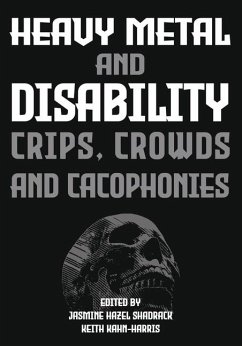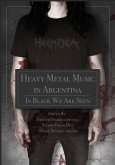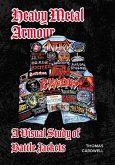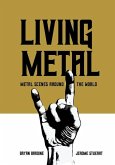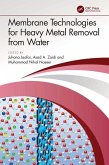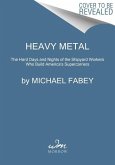The relationship between metal and disability is distinctive. Persisting across metal's sub-genres is a preoccupation with exploring and questioning the boundary that divides the body that has agency from the body that has none. This boundary is one that is familiar to those for whom the agency of the body is an everyday matter of survival. Metal's preoccupation with unleashing and controlling sensorial overload acts both as an analogue of neurodiversity and as a space in which those who are neurodivergent find ways to understand and leverage their sensory capacities. Metal offers potent resources for the self-understanding of people with disabilities. It does not necessarily mean that this potential is always explored or that metal scenes are hospitable to those with disabilities. This collection is disability-positive, validating people with disabilities as different but not damaged. While metal scholars who contribute to this collection see metal as a space of possibility, in which dis/ability and other intersectional identities can be validated and understood, the collection does not imply that the possibilities that metal affords are always actualised. This collection situates itself in a wider struggle to open up metal, challenging its power structures; a struggle in which metal studies has played a significant part.
Hinweis: Dieser Artikel kann nur an eine deutsche Lieferadresse ausgeliefert werden.
Hinweis: Dieser Artikel kann nur an eine deutsche Lieferadresse ausgeliefert werden.

